Go back
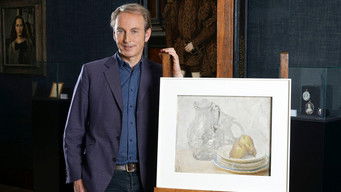
Nicholson
Episode number: 1
Overview: Fiona Bruce and Philip Mould examine a still life that may have been painted by prolific artist William Nicholson, but which has been rejected by leading experts on his work. They discover a useful source of evidence in Nicholson's own paint box, but as they delve into the painting's history, they discover it may have been connected to one of the 20th century's greatest art crimes. Fiona meets a reformed forger to discover if he ever faked a Nicholson while Philip takes the painting to Canada to compare it to another of the artist's works.
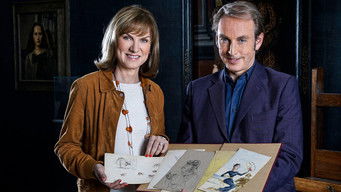
Toulouse-Lautrec
Episode number: 2
Overview: Fiona Bruce and Philip Mould must prove that a sketchbook is the work of a young Toulouse-Lautrec, overturning a decision made by a committee of experts on the artist. The drawings in the book are of a very different subject matter to Lautrec's famous works, and are dated to when he was a teenager - a period of his life that is largely a mystery. To get to the truth, Fiona and Philip travel to the town in the south of France where Lautrec grew up and visit the grand family home where he spent much of his youth.
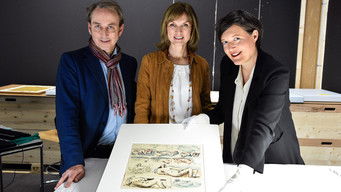
Henry Moore
Episode number: 3
Overview: Fiona Bruce and Philip Mould investigate a small watercolour sketch that could be the work of sculptor Henry Moore. The piece was found in 2012 in a hoard of artwork stolen by the Nazis. While the unidentified piece has many characteristics of Moore's work, none of the other artworks recovered were by British artists, so it remains a mystery how it came to be there. The team must not only find out who created it, but also who it belonged to, since it may have been looted from Jewish owners during the Holocaust and will need to be returned to surviving descendants.
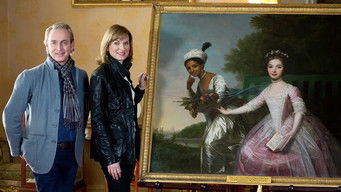
A Double Whodunnit
Episode number: 4
Overview: Fiona Bruce and Philip Mould investigate the origins of two paintings by unknown artists dating back to the 18th and 19th centuries, which unusually for the period, depict black subjects. One is a portrait of Dido Belle, a famous former slave adopted into an aristocratic English family in the 1760s, while the other depicts two children against a tropical landscape, and is believed to have been painted as a protest against the slave trade.
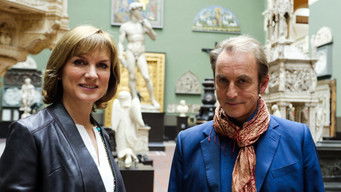
Giacometti
Episode number: 5
Overview: The team try to find out whether a white square of plaster is an early work by Giacometti.